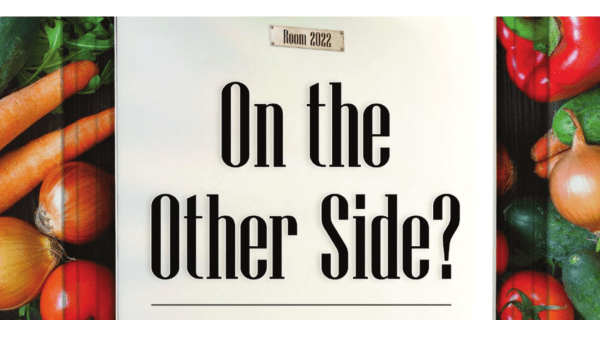Countering the trend for more packaging is the desire for more sustainable measures, especially as climate change becomes of greater concern to consumers.
A 2020 survey by the IBM Institute for Business Value in association with the National Retail Federation found that 57 percent of consumers are willing to change their purchasing habits to reduce negative environmental impacts.
Further, products marketed as sustainable have expanded more than seven times faster than other items, according to a 2020 report from the New York University Stern Center for Sustainable Business.
Some of the steps being taken include printing recycling instructions on packaging, as well as ensuring the packaging actually is recyclable; using post-consumer recycled plastics to make new packaging; using sustainable packaging materials as an alternative to plastic; and foregoing packaging entirely, if possible.
“There is so much work to do in this space still, and so much area for innovation,” says Laura Himes, senior produce merchandising director at Walmart BB #:143789, Bentonville, AR.
Matt Seeley, CEO and co-founder of Organic Produce Network, LLC BB #:338018 in Monterey, CA, concurs. “We brought these packages into the environment; we’re responsible for taking them out of the environment.”
He mentions growers such as A&A Organic Farms Corporation and packaging companies such as Sambrailo Packaging, both in Watsonville, CA, as examples of companies working on sustainable packaging solutions for organic convenience items.
Regulations will also drive change.
“With the push in Europe to reduce and/or eliminate nonrecycled plastics in packaging,” says Ed Treacy, vice president of supply chain and sustainability at the International Fresh Produce Association (IPFA),, “there will be more attention on packaging and alternatives to single-use and nonrecycled plastic alternatives across the globe.”
“It’s important as an industry to explore all options,” says Jill Overdorf, director of business development and foodservice at Naturipe Farms, LLC, BB #:165382 in Estero, FL. “The current outlook for packaging is somewhat grim, as costs have skyrocketed for raw materials, and that increased cost is being passed on to growers.”
Of course, the quest for sustainability goes far beyond packaging.
Matt Schwartz, CEO and co-founder of Afresh Technologies, explains: “The grocery industry as a whole is taking a serious look at sustainability, and many retailers are developing initiatives in energy efficiency, sourcing, supply chain, packaging, and making sell-by date labels more intuitive.” He says grocers are also looking at ways to reduce the impact of hydrofluorocarbon refrigerants.
For Afresh Technologies, food waste is another element of sustainability. It’s an AI-based company founded to optimize fresh grocery merchandising, ordering, and operations to improve profitability, make fresh produce more accessible, and significantly reduce food waste.
In an Afresh-sponsored survey conducted by Momentive, 60 percent of respondents said they were extremely or very concerned about food waste, and 72 percent said they would support a grocery store committed to reducing food waste.
Afresh says stores using its technology have reduced food waste by 25 percent, as well as increased sales by 3 percent, and reduced out-of-stocks by 80 percent each month, on average.
This is an excerpt from the cover story of the January/February 2022 issue of Produce Blueprints Magazine. Click here to read the whole issue.



